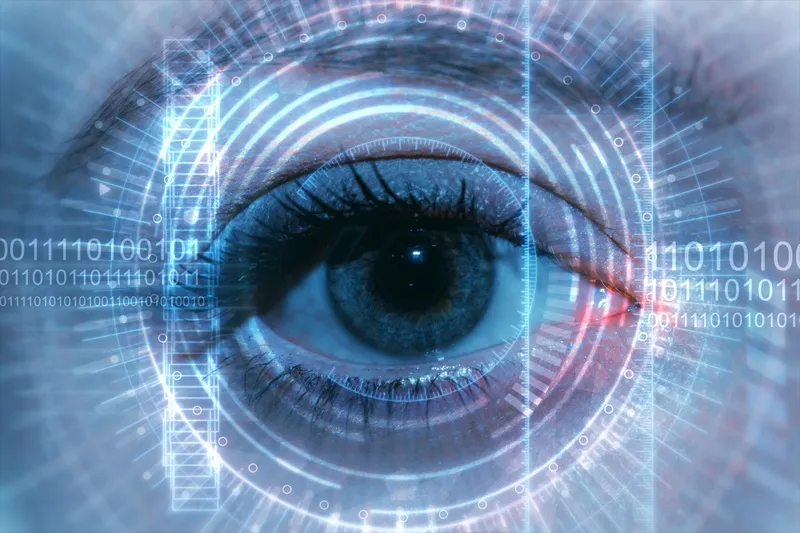Eyesight Technologies has entered an agreement to provide eye-related data on a driver operating a test vehicle at Israel's Aerial University.
By Ben Spencer
April 29, 2020
Read time: 1 min

The computer vision company says its Driver Sense system will provide the university's mobile lab with information on eye openness, blink rate, the driver's direction of gaze and head pose.
Ariel's lab is a research project aimed at testing real-world driving scenarios.
It is using this data in various ongoing projects which examine a driver's ability to regain control of a vehicle with semi-autonomous cruise control.
As part of the deal, Eyesight is taking data from the lab's sensors to monitor and improve the solution.
Sensors collect data on the road and external environment as well as monitoring the driver's mental workload, detection of stress, vigilance, fatigue and attention on the road.









